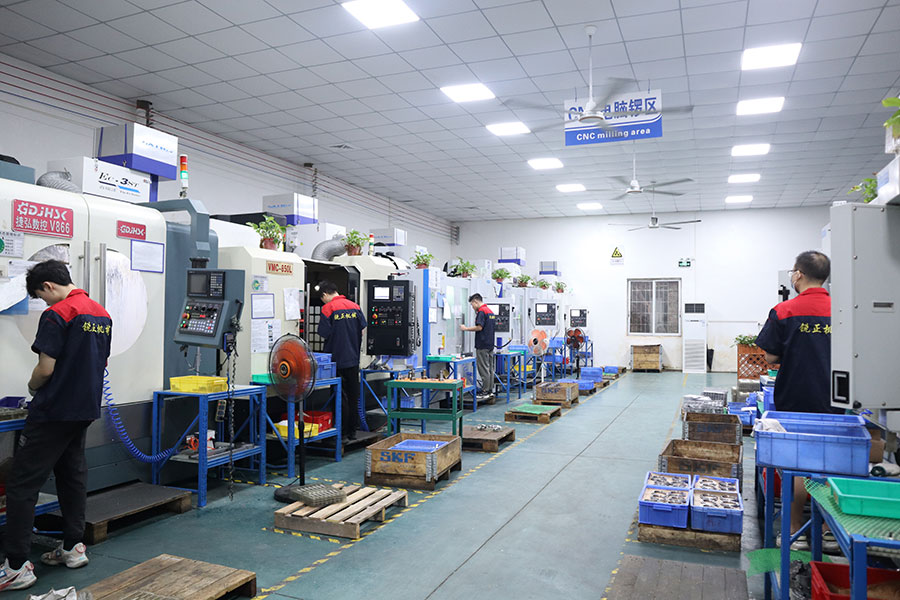
In today’s fast-paced manufacturing landscape, CNC machining stands as a cornerstone of innovation, enabling industries to produce complex parts with unparalleled accuracy and efficiency. From aerospace components to medical devices, this technology has redefined what’s possible in fabrication. This article explores the fundamentals of CNC machining, its transformative advantages, applications across industries, and its evolving role in Industry 4.0.
What is CNC Machining?
CNC machining (Computer Numerical Control machining) is a subtractive manufacturing process where pre-programmed software dictates the movement of machinery and tools. Unlike manual machining, CNC systems automate operations such as cutting, milling, drilling, and turning, translating digital designs into physical parts with microscopic precision. By leveraging CAD (Computer-Aided Design) and CAM (Computer-Aided Manufacturing) software, manufacturers achieve consistency and repeatability, even for intricate geometries.
Advantages of CNC Machining
Unmatched Precision: CNC machines operate with tolerances as tight as ±0.001 inches, ensuring components meet exact specifications. This is critical for industries like aerospace and automotive, where minor deviations can compromise safety.
Speed and Efficiency: Automated tool changes and continuous operation reduce production time, enabling rapid prototyping and mass production.
Material Versatility: From metals like aluminum and titanium to plastics and composites, CNC machining handles diverse materials, making it adaptable to countless applications.
Cost-Effectiveness: While initial setup costs are higher, reduced labor expenses and minimized waste deliver long-term savings.
Applications of CNC Machining Across Industries
Aerospace: Turbine blades, engine components, and lightweight structural parts rely on CNC machining for high strength-to-weight ratios.
Medical: Surgical instruments, implants, and diagnostic devices demand biocompatible materials and flawless finishes, achievable through CNC processes.
Automotive: Prototyping engine parts, custom gears, and EV battery housings showcase CNC’s versatility.
Consumer Electronics: Smartphone casings, circuit boards, and connectors benefit from CNC’s precision in miniaturized designs.
The Future of CNC Machining in Industry 4.0
As smart manufacturing evolves, CNC machining integrates with IoT (Internet of Things) and AI (Artificial Intelligence) to enhance predictive maintenance, real-time monitoring, and adaptive machining. Hybrid machines combining additive and subtractive processes are pushing boundaries, while sustainability initiatives drive energy-efficient CNC systems.
The content of this article “What is CNC machining? What are the advantages of CNC machining?” is originally shared by Foshan Ruizheng Machinery (spindleshaft.com), hoping to help partners who are interested in CNC machining.


